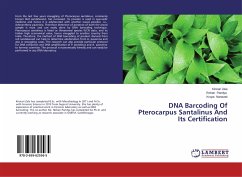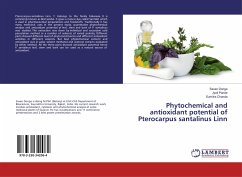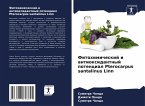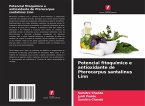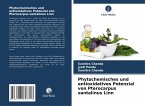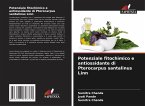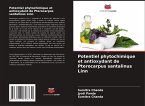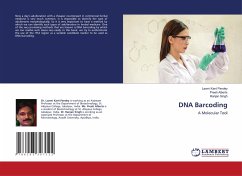From the last few years smuggling of Pterocarpus santalinus, commonly known Red sandalwood, has increased. Its powder is used in ayurvedic medicine and hence it is adulterated with another wood powder, i.e., Adenanthera pavonina. Therefore detection of presence of both the wood sample is must and can easily done by DNA barcoding technique. Pterocarpus santalinus is listed as threatened species IUCN data, and its timber high economical value, hence smuggled to another country from India. Therefore, the method of DNA barcoding of product derived from red sandalwood can help to determine adulteration from A. pavonina and also in smuggling cases. The research can also provide particular protocol for DNA extraction and DNA amplification of P. santalinus and A. pavonina to forensic scientists. The protocol is economically friendly and can easily be performed in any DNA laboratory.
